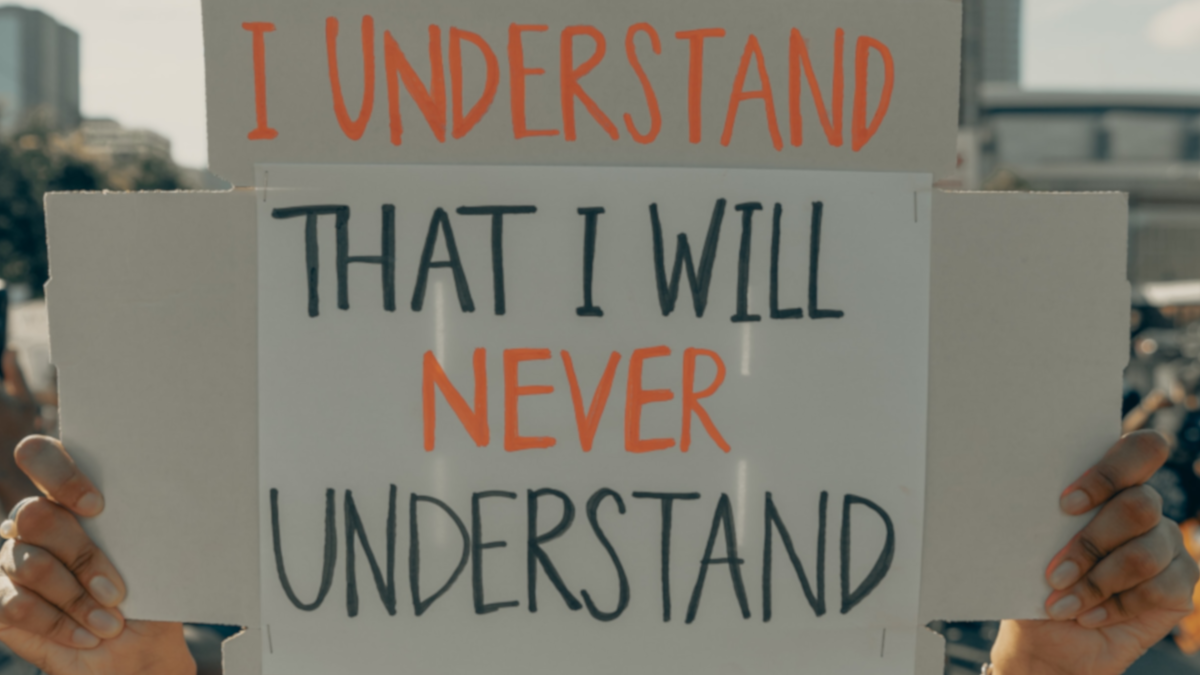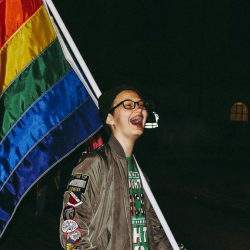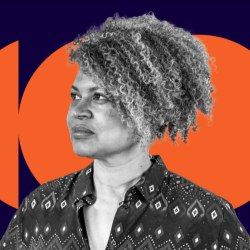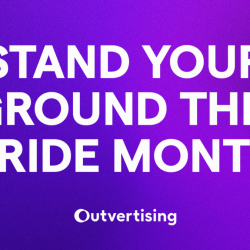The theme of International Women’s Day this year was ‘Embracing Equity’
Rightly so, many companies took this opportunity to unpack how allyship can support the journey to equity. Allyship is when someone from a non-marginalised group uses their privilege to advocate for and support those from a marginalised group. But while there has been increasing focus on the role of allies to support greater inclusion and equity in the workplace, sometimes this falls short of what it actually means to be an active advocate for under-represented groups.
The conversation around allyship is continually evolving. However, I have noticed in some conversations, there isn’t a clear understanding of how allyship should support structural change within an organisation. The discussion turns to more generic statements such as ‘it’s about making friends’ or ‘it’s being human’. Here, allyship has been sold to companies as ‘low hanging fruit’, an easy, light touch way to say your company is supporting under-represented groups. But, without an active strategy behind allyship and a clear understanding of how allyship leads to change within an organisation, it risks becoming performative.
Performative allyship is light touch actions that reflect very well on the ‘allies’, but do little to move the dial on the experiences of the under-represented groups in the workplace. This might look like a one-sided reverse mentoring programme, where a senior leader learns about what it means to be part of a marginalised group, but that reverse mentor experiences no benefit in their career, progression or experience of the workplace. It might look like an ally taking to social media to profess their outrage at a particular event without interrogating how those same systems are replicated in their workplace. In essence, performative allyship is displaying tokenistic support to marginalised groups without interrogating the systems that have generated inequality and their personal role in upholding those systems.
I think allyship in the workplace means three things.
- One, it means acknowledging privilege and listening to the needs of marginalised groups
- Two, it’s about being an active advocate and opening up space for difficult conversations, even when it doesn’t benefit you
- And three, it’s about being ready to redistribute power. That means, opening up your wallets, reviewing who’s at the decision making table, and who has access to influential spaces
In practice, allyship in the workplace is about removing systemic barriers faced by under-represented groups. Organisations need to ask themselves: what are we using allyship for in the workplace? What systems are we trying to challenge? Which groups are we trying to elevate? How will our allies actually work towards actively embedding equity in our workplace?
This could look like being an Executive Sponsor of an ERG, advocating for the building of a new careers initiative, or rallying the Senior Leadership Team to begin collecting socio-economic diversity pay gap data. It could be opening doors for under-represented groups to attend the panel events, round tables, dinners and conferences. Or it could be ensuring there are routes for decision-making power for marginalised groups, such as having a rotating seat for an ERG Lead in a DE&I Board. Ultimately, successful and active allyship will be rooted in the DE&I goals of the organisation and will help remove barriers to entry, progression and inclusion for marginalised groups.Senior Leaders can set the bar for the types of conversations, initiatives and programmes they want to see to embed equity in the workplace. This is why it’s so important that Senior Leaders understand their personal connection to allyship and what their role as an Ally in the workplace could look like. To encourage leaders to become Allies, they first need to carve out learning and development time for this on their packed agendas, so they can explore what allyship means to them. They need to build a personal connection to allyship and interrogate how privilege shows up in their lives.
We also need to find ways for Senior Leaders to learn about the experiences of marginalised groups without this coming at the expense of extracting marginalised groups’ — often painful — personal experiences. Expert external facilitation is usually required here to ensure that the sharing of experiences and ideas is working towards a mutually beneficial relationship.
The final way to encourage allyship in Senior Leaders is by showcasing to them how the actions they take and the support they provide will actively shift the dial on inequality in their workplace. Here, allyship would be intimately tied to the DE&I goals of the organisation.
People are tired of performative allyship, and they can sense it from a mile off. Posting a black square, or changing your company logo to a rainbow in Pride month just isn’t going to cut it anymore. Allyship, when done well, shouldn’t be easy. It’s about working towards structural change in the workplace, using your privilege to advocate for others, even when it doesn’t benefit you, and it often means having challenging and difficult conversations.
What is true, though, is that when done well, allyship is incredibly rewarding. It has the power to actively change the structures that create inequality in the workplace and change the company culture. It can fundamentally shift the type of talent that walks through a company’s doors and it can increase the sense of inclusion and belonging amongst marginalised staff. Allyship is not a passive role that just entails befriending some people that don’t look like you, it’s intentional, active advocacy for marginalised groups.
Featured image: Clay Banks / Unsplash































